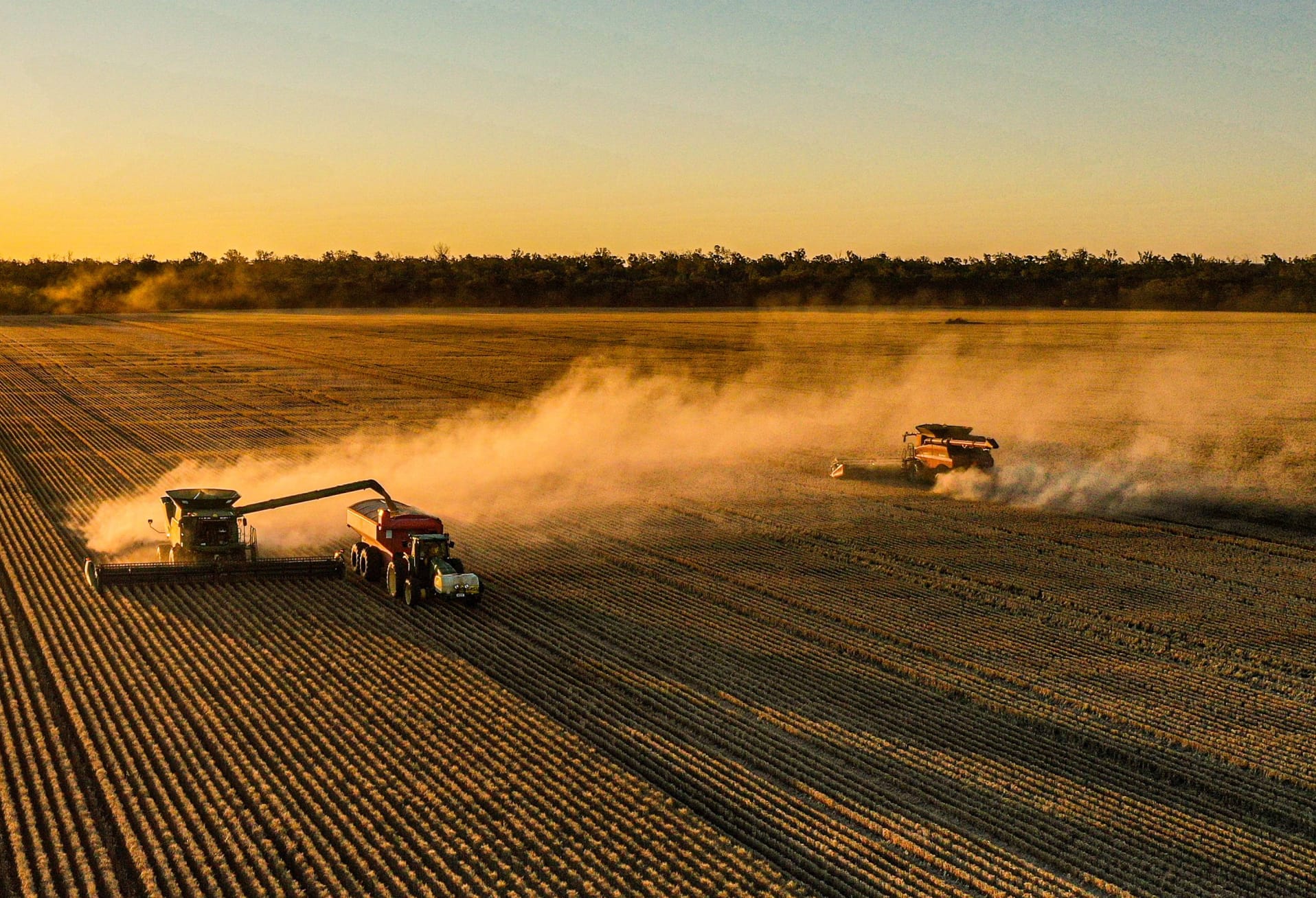Tell us a bit about your background
I was born in Melbourne and after completing a Diploma of Commerce at Preston Institute of Technology (now RMIT) commenced work as a Cost Accountant in a small electrical manufacturing firm in 1969.
I also completed a post graduate Diploma of Industrial Accounting at RMIT in 1971 and held various finance roles in diverse manufacturing companies until joining Elders IXL in 1983 in their malting barley division. My first introduction to agribusiness.
Since then, my career has been based solely within that industry and have been fortunate hold several senior management positions in the grain, wool, dairy, vegetable and research sectors over the years.
One opportunity led me to a two-year period in Kansas City (USA) as Executive Vice President of Elders Grain which provided me with a valuable insight into the grain and farming industry of the States.
I have been Managing Director and CEO of Barret Burston Malting Company which had an association with BCG on barley quality and varieties. I was also appointed the inaugural and only Managing Director of Woolstock Australia Ltd which was the company responsible for disposing of the Federal Government acquired wool stockpile.
My last major role was as Managing Director of Bonlac Foods Ltd which was one of the largest dairy co-operatives in Australia. This role ceased with the sale of Bonlac to the New Zealand co-operative, Fonterra in September 2003.
After that date I had several consulting roles and board positions within the agri-business sector until 2015 when I decided to reduce my commitment and basically retire except for selected interests like BCG.
I am also a Fellow of Certified Practising Accountants.
When did you develop an interest in agriculture?
After becoming involved in the malting barley industry I found I enjoyed working in that environment from farm level to commercialisation of the product. I enjoyed associating at the farmer/grower level. Being Melbourne born and bred it exposed me to the many facets of the farmer’s life including hurdles and opportunities they face. I also recognised they are business entrepreneurs responsible for growing the product through to the eventual market.
What are some of the highlights and challenges you have experienced in your career?
No doubt disposing of the wool stockpile and being able to make a considerable return to woolgrowers after being “advised” by many that the wool was worthless was both a highlight and major challenge. Woolstock Australia was established in 1999 to take ownership of over 1 million bales of wool and a debt of just under $200 million from the wool statutory body. Its mission was to sell down the stockpile, pay off the debt and distribute proceeds to the woolgrowers. It was extremely satisfying that we were able to achieve these goals over a 3-year time period. During the same time the company was listed on the stock exchange as well as defending successfully against a hostile takeover bid.
I was also involved in establishing start up malting joint ventures in Denmark and China for Barrett Burston which was very challenging especially in China. We entered the Chinese market when it was opening up to the western world and the JV whilst interesting had many culture differences and unfortunately failed (like many others) after a few years.
The restructuring of Bonlac during an extremely difficult period was also pleasing in that the co-operative was able to be stabilised to some extent and sold to Fonterra which ensured its survival and a future for its milk growers.
What do you see are the next big changes or opportunities in the agricultural industry?
With the increase in world population, especially in third world countries, the need for food products will put enormous pressure on the supply chain. Australia is in a unique position to capitalise on this demand and continue to grow our food source as a reliable and “clean and green” supplier. However, to do so we need to ensure all levels of development in research and innovation is focused on improving the ongoing sustainability of the farm industry as well as directing effort into products that add value to the Australian industry.
Why did you become a BCG Board member?
Considering BCG’s highly regarded and respected reputation in research and development, given the opportunity, I would like to contribute in some way. It has enabled me to continue my association at a farmer level and provide input from a different perspective relative to my business background
Are there aspects of the role you enjoy?
It is very rewarding to be part of a team from a management level and board that are devoted and dedicated to improving the livelihoods of farmers in the district and elsewhere. The Board draws on the knowledge of people with different background and experiences however all focused on developing programs to improve the overall prosperity of the farmer.
What do you hope to achieve through your role?
Through our programmes and projects initiated at BCG, I hope we will succeed in making agriculture a viable and proud industry that generations to come see as being a worthwhile and rewarding pathway. There are many hardships farmers face and hopefully through the work at BCG we can assist them to make more informed decisions resulting in managing their farms for greater profitability and return on their investment.








